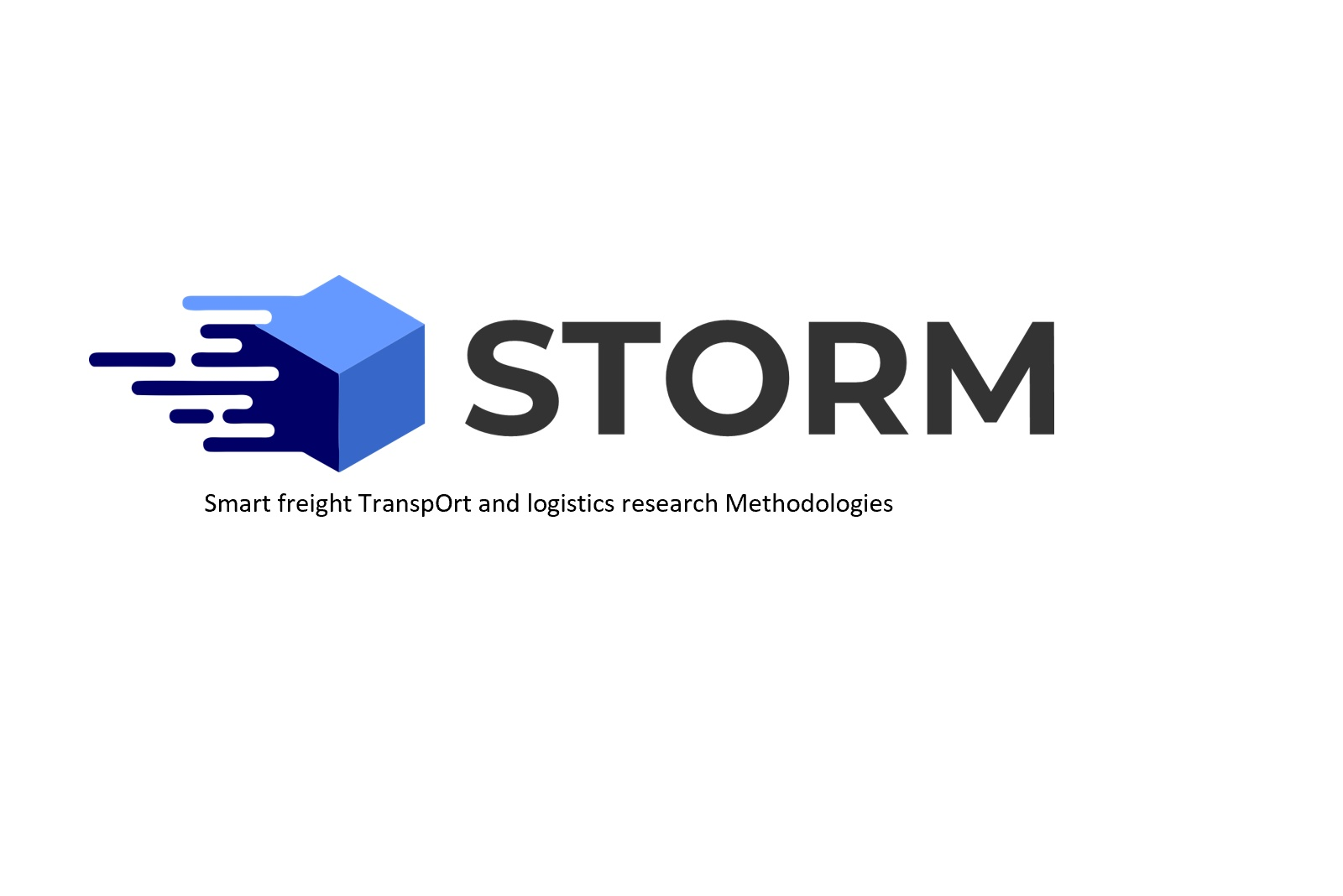
Freight transport and logistics are in a period of transformation where
the increased availability of digital technologies is rapidly
transforming market structures and logistics business models, and the
legislative and policy frameworks are moving towards the minimization of
the environmental impact of transport. The rapid structural,
organisational, and behavioural changes of the sector make existing
data, models, and tools lag behind current developments. In response,
the STORM project aims to study transformation and structural changes in
freight and logistics business structures from different perspectives,
focusing on the future challenges and needs of the sector by developing
new methods and tools to support digitalization, sustainability
transition, and future policy needs. STORM will create a unique
platform for dialog with all relevant stakeholder groups to identify key
elements for future horizons and directions for freight and logistics
research, business and polices.
The project will develop new generation,
beyond current state-of-the-art transport data analytics, models and
solutions through industry use cases and contribute to sector
innovations and competitiveness. STORM output will be a toolbox bringing
together tools and methods centring on Big Data, data fusion, and
agent-based modelling applied to electrified freight transport concepts
and new collaborative, digitised logistics systems. It responds to the
emerging needs of transport researchers, planners, and policy makers and
it will generate knowledge for the implementation of innovative
transport policies. STORM will provide advanced methods and tools to
enable new opportunities and business models for the sector through
targeted information and knowledge sharing with structured support and
collaboration in research, policy analysis, and transport planning, to
fulfil the ultimate goal of facilitating the sustainable transformation
for the business and future public policies.
- Project Manager: Todorov Yancho

